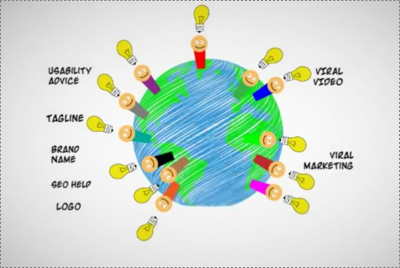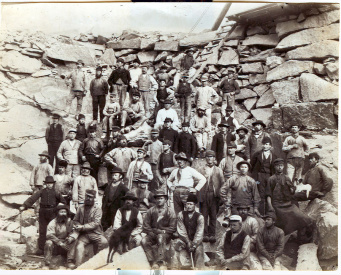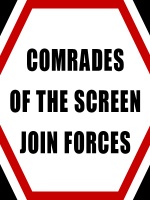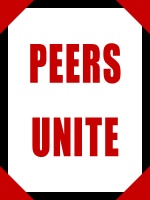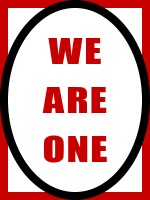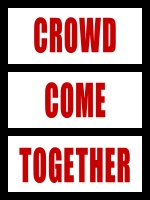User:Lassebosch/reading writing methodologies/3 Trimester/crowdsourcing
Workers of the Web or The Rise of the Global Day-Laborer
"Squadhelp.com - Helping you to tap into the collective wisdom of thousands of experts across the globe. The best part is that all these experts compete against each other for your project like a contest by actually doing the work for you. So it's more of a game where experts play to win, rather than boring work, sparking creativity you could never imagine." (promo-video, Squadhelp.com)
The quote broadly, yet precisely, encircles my interest in fast growing online platforms offering design on a crowd-sourced basis.
Often critically referred to as 'logo-mills', the majority of this type of platforms provide a system for individuals or companies to offer design-related jobs. Presented as an 'open contest' the job is released to a crowd of platform users signed up as designers. Contest awards ranges widely (usually from 100$ to 500$) depending on the characteristics and scale of the job. The submitted designs enters the collected pool of proposals, in most cases publicly visible. Each proposals is rated by the contest-holder, mostly using stars, hearts or other 'like'-symbols, though s/he also has the option to write comments, rendering it simplistically clear for the designers to consider adjustments in their submitted proposal.
Encouraged by the structure of the platform, individual designers enter fierce competition against each other. Inspiration edges towards plagiarism, creating a sour, hostile environment. This is all to the productive benefit of the contest-holder since thousands proposals are being generated freely, of which the preferred five-star proposals, constantly are being refined by the eager crowd, at the expense of the battered individual squashed beneath the ever higher reaching mass. As a winner eventually is chosen, the payout (deducted substantial transaction and commission fees) leaves the lucky one victorious; s/he has conquered the glorified bounty, s/he has won the race. Accompanying the almost symbolic monetary award is most often a virtual trophy adorning the profile of the winner: a PNG-medal, a 'LVL UP', an extra ten points in PhotoShop-skills. Wrapped these the dazzling cloaks of gamification the platforms promises the individual designer a star-like status, creative exposure and expansion of the vital network. The excitement of winning seems to overshadow the fact, that the salary per-hour-ratio is diminishing. Especially taken to consideration that hardly every competition you enter is won by you. All the losers, the actual crowd, is left unpaid, yet they frantically cling on, in hope to win the logo-lottery. The posing, hard-trying, day-laborers are all inspected, the ones who manages to stand out (or stand upon the others) are picked out, used, worn down, and thrown back into the willing crowd, where the next strong individual is ready to replace and replenish the 'cliental' needs. The core themes in my research within this field, revolves around the illusion of promised freedom, the empowerment or on the other hand the total exploitation of the individual, and the fine line in-between. The post-industrial worker finds himself in flux between various environments and types of activities - on one hand offering refreshing change, on the other the pitfall of flexpolation - a term coined by 'flexibility' and 'exploitation'. Further complicating the issue is the question of resistance.
WORKERS OF THE WEB UNITE
Is it possible to unite the crowd, when the crowd is no
longer locally centralized but in fact individuals spread across the
globe? Can you find a common stand, when interests and individual
circumstances do not have anything in common? In platforms such as
Squadhelp.com, 99designs.com, DesignCrowd.com amongst other the crowd
has been efficiently dispersed. Passively each peer awaits the next
existential battle, all aspiring to take home the promised prize. As
practical approach to the topic I wanted directly to interfere with a
design crowd-sourcing-platform. 99designs.com being in the choosing
because of its magnitude and elaborateness as the currently most
popular platform in its field. A browser-based script was specifically
written, to automatically enter and infiltrate the platform on my
behalf. The so-called automation-script enters the most popular
contests available on 99designs and submits it's own proposals, thereby
competing with and against the crowd of designers. The catch is, that
instead of offering a solution for the contest-holder, the script
submits propaganda-posters with worker-union-like slogans such as:
'PEERS UNITE', 'WE ARE ONE' and 'COMRADES OF THE SCREEN - JOIN FORCES'.
It proposes a utopic, old-school, vision, for the crowd to join forces,
unify and stand together against the 'oppressors'. The utopic is
central, since it confronts and provokes the platform and the users of
it directly, with a sense of humor without being pretentious, and yet
containing some sort of seriousness. Several attempts was made to block
my 'designer'-account and the propaganda-posters was reported both by
contest-holders and users, with reactions such as: “please stop this!”
or so-called 'likes' from other participating designers.

